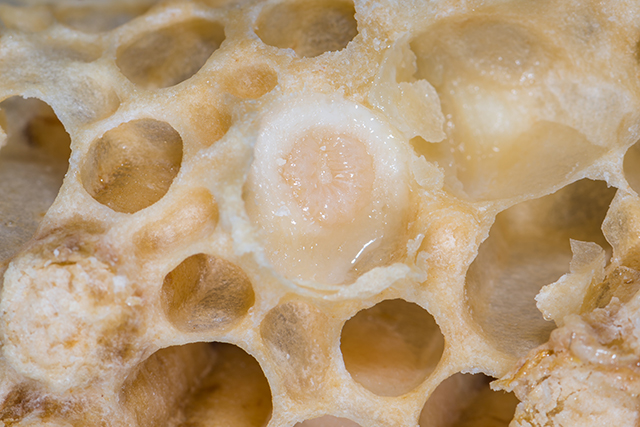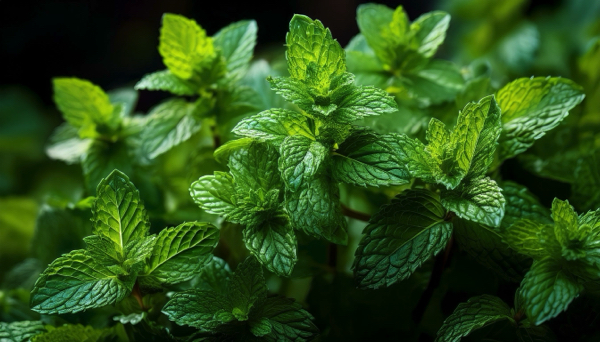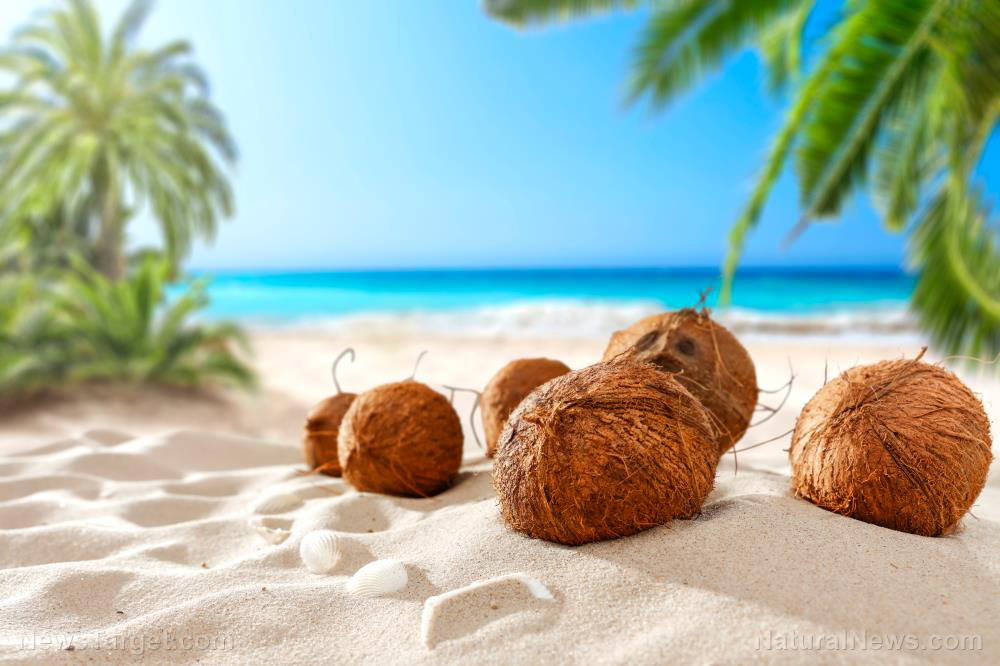Virgin coconut oil more effective than drugs in combating stress and depression
08/23/2024 / By News Editors

A new study conducted in Malaysia looked at the effects of consuming high-antioxidant virgin coconut oil on mental health.
(Article republished from GreenMedInfo.com)
Published in the journal Experimental and Therapeutic Medicine and believed to be the first study of its kind, researchers evaluated the anti-stress and antioxidant effects of virgin coconut oil in mice with stress-induced injuries. The title of the study is “Antistress and antioxidant effects of virgin coconut oil in vivo.”
The researchers performed several stress tests on groups of mice. Control groups included untreated mice and mice not subjected to stress, and virgin coconut oil was compared to a commonly prescribed psychiatric drug, Diazepam.
Their results were quite impressive, and suggest that using a high quality virgin coconut oil can rival antidepressant drugs without the dangerous side effects. The researchers attributed the success in treatment to the unique mixture of medium chain fatty acids found in coconut oil, rich in saturated fats, and to the antioxidants present in higher grade, less processed virgin coconut oils.
While we do not endorse the supposed “science” behind psychiatric drugs, which attempts to measure such things as “neurotransmitters” and “biochemical profiles” as true indicators of mental health that can be altered by chemical drugs, it is encouraging to see researchers consider natural foods as alternatives, given the fact that they do not have all the serious side effects that psychiatric drugs do.
One of the more interesting tests conducted in this study was a measurement of “immobility time” after a forced swim test. The researchers found that the untreated mice had a longer immobility time than mice treated with virgin coconut oil. They attributed this to the high medium-chain fatty acid content of coconut oil, which is known to produce thermogenesis and increased energy.
One area where virgin coconut oil (VCO) really outperformed the drug Diazepam was in the area of oxidation and elimination of free radicals. This is something that can be measured with lipid peroxidation (MDA) and antioxidant enzyme SOD levels. Stress is known to increase oxidation and the creation of free radicals, leading to neuronal cell damage and death. Antioxidants, on the other hand, reverse this trend and help prevent further neuronal damage.
The researchers found:
VCO was able to reduce lipid peroxidation and increase the activity of SOD in the serum of mice undergoing the forced swim test and the brains of mice subjected to chronic cold restraint. It was previously reported that VCO is rich in polyphenols and these antioxidants may contribute to the increased levels of antioxidant enzymes, which subsequently reduce lipid peroxidation and inflammation in VCO-treated mice. Restoration of antioxidant levels in the brain may help prevent further neuronal damage and avoid subsequent depletion of monoamines, including DA. In conclusion, the present study demonstrated the potential of VCO in preventing exercise- and chronic cold restraint stress-induced damage and restoring the antioxidant balance. This promising antistress activity may be attributed to the polyphenols and medium-chain fatty acids present in VCO.
It is high time for a new paradigm in mental health. Drugs are not the solution to stress and depression. Non-drug alternatives are not only safer, but can be more effective than pharmaceutical drugs as well.
Read more at: GreenMedInfo.com
Submit a correction >>
Tagged Under:
alternative medicine, beat depression, coconut oil, depression symptoms, food cures, food is medicine, food science, functional food, health science, mental health, mind, natural cures, natural health, natural medicine, nutrients, nutrition, remedies, research, stress, Xpost
This article may contain statements that reflect the opinion of the author
RECENT NEWS & ARTICLES
consumerwellness.info is a fact-based public education website published by consumerwellness.info
All content copyright © 2023 by consumerwellness.info
Contact Us with Tips or Corrections
All trademarks, registered trademarks and servicemarks mentioned on this site are the property of their respective owners.




















